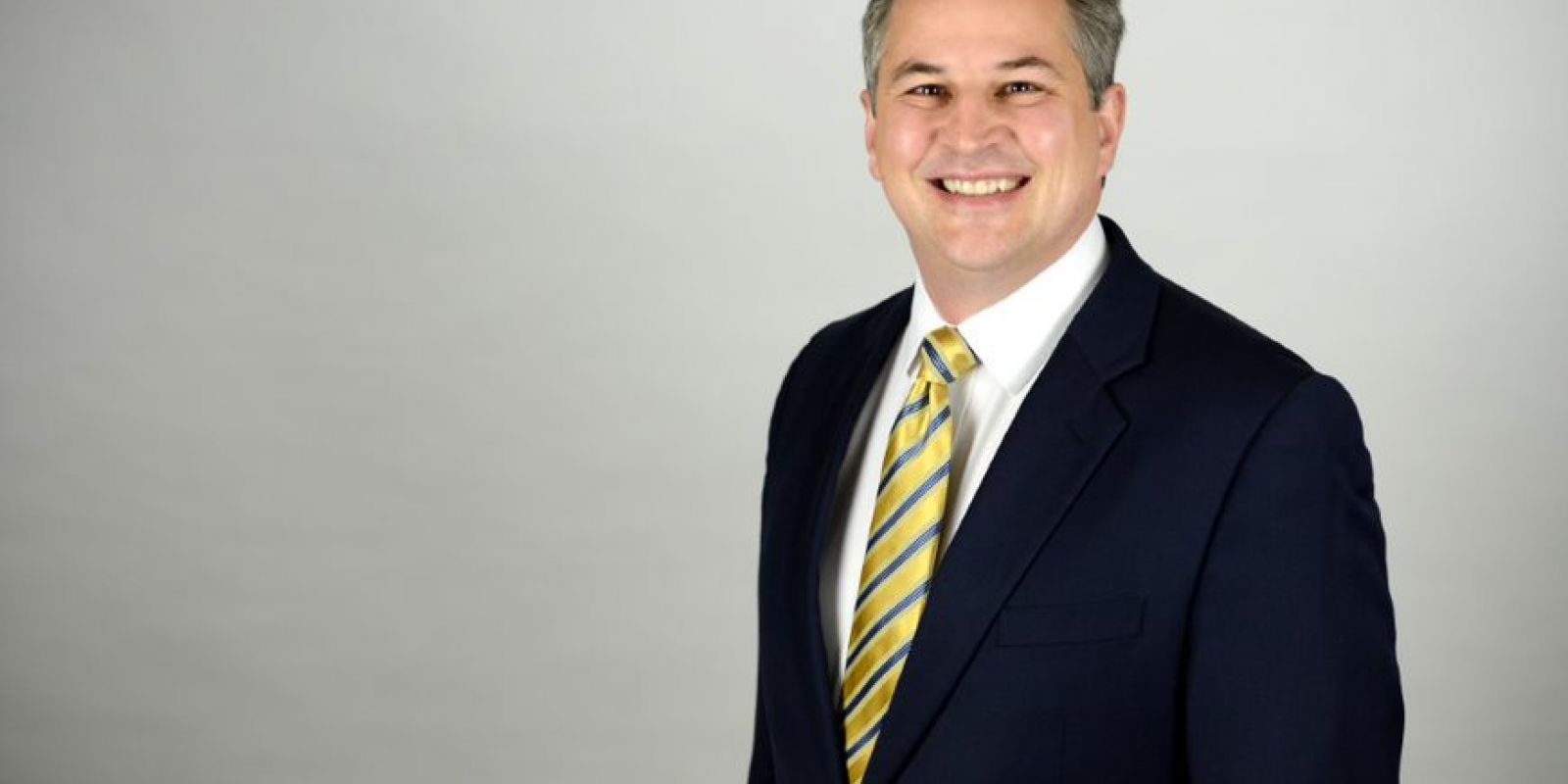As we reach the midway point of 2021 Gary Headland, our professional bodies lead on the LEP Board of Directors, CEO of Lincoln College Group and Deputy Lieutenant for Lincolnshire, introduces this month’s edition and shares his personal thoughts on Covid-19, Industry 4.0, and some of the bigger global issues facing business leaders, politicians, and individuals across the developed world.
I am delighted to introduce this Impact Edition to showcase the progress made and to promote some of the fundamentally transformational projects and initiatives which the Greater Lincolnshire LEP has collaboratively engineered and delivered for the benefit of improving lives and increasing opportunities for everyone.
Together with a formidable network of partners and collaborators across the private and public sectors, I believe we are genuinely making a tangible difference and I am proud to be part of this energised, focused and passionate board.
But I invariably find the spring a time for personal reflection and this year has been especially profound. As a Director of the Greater Lincolnshire LEP, and across other roles I hold, I come into contact with many business leaders from the private, public and third sectors. While the impact of Covid-19 and Brexit has been different for all of us, there is a strong common thread emerging, in which we are all rethinking, reshaping, and repurposing our organisations to ensure that they survive and thrive throughout this decade.
We have all begun challenging the strategic and leadership assumptions we make every day based on the knowledge and intuition we have developed over our professional working lives. As I reflect on the past 18 months, I have concluded that a lot of the change we are experiencing now was inevitable and would have occurred regardless - even without Covid. The Fourth Industrial Revolution is here and is changing our lives forever, and together with the damaging impact that we have had on our planet, makes urgent demands on us to make fundamental changes for the sake of future generations. One positive arising from Covid is that it has accelerated that change and forced us to confront some uncomfortable truths, and to face the disturbing impact that we are making on both our sociological structures and our environment. I am very pleased that green energy has now become firmly embedded and prioritised across our strategies and plans, with Greater Lincolnshire leading in some nationally significant areas including Humber Zero and offshore wind.
Although technological advances have had an incredibly positive impact on our lives in so many ways, the darker side of the Fourth Industrial Revolution is a very real concern for me. The impact of social media and electronic communications on mental health is not yet properly understood. Instinctively, I am deeply concerned about the addictive and de-humanising effects of technology that I observe. The use of the dark web by those who threaten our safety and security for either financial gain or political power brings further alarm, and the impact and likelihood of cyber attack is increasingly aggressive. I heard a phrase recently which had a powerful impact and will stay with me: “The world is moving so fast these days, faster than it ever has before, but the really profound thought is that it will never be as slow again.”
The rate of technological change is exponential. The processing power we carry around with us every day compared to five years ago, let alone 35 years ago when I first started in full-time work, is extraordinary, and I question whether as humans we possess the ability to adapt and evolve quickly enough to correct and control the speed and impact of this continuous change. Neither can legislation or policy keep pace, and much more emphasis is needed to explore the morality and societal questions and impacts this raises.
While I am aware that these reflections expose my personal thoughts and concerns as a husband, son, father, leader and human being, I would like to reassure readers that I do remain genuinely optimistic about the future because of two powerful characteristics - dialogue and education. I anticipate a pretty bumpy road ahead but I believe that through dialogue with one another we can still ensure that human beings are leading technological change, rather than being led by it.
I had the great pleasure recently of meeting Professor Patsy Rodenburg OBE, one of the world’s leading voice coaches and also a renowned authority on Shakespeare, and we talked for hours about the power of ‘ensemble’, meaning the power of a group causing a single effect. This is where organisations such as the LEP, working together with other business representative groups, are incredibly important, as they bring positive, empowered humanity together to enable connected dialogue to take place.
I believe this is our most powerful asset, and one of this LEP's greatest strengths. As a society we must urgently begin important dialogue to navigate a safe technological future, but by using our combined passion and influence our LEP can continue to drive sustainable, game-changing opportunities in a considered, fair and uniquely intelligent way.
Gary Headland


